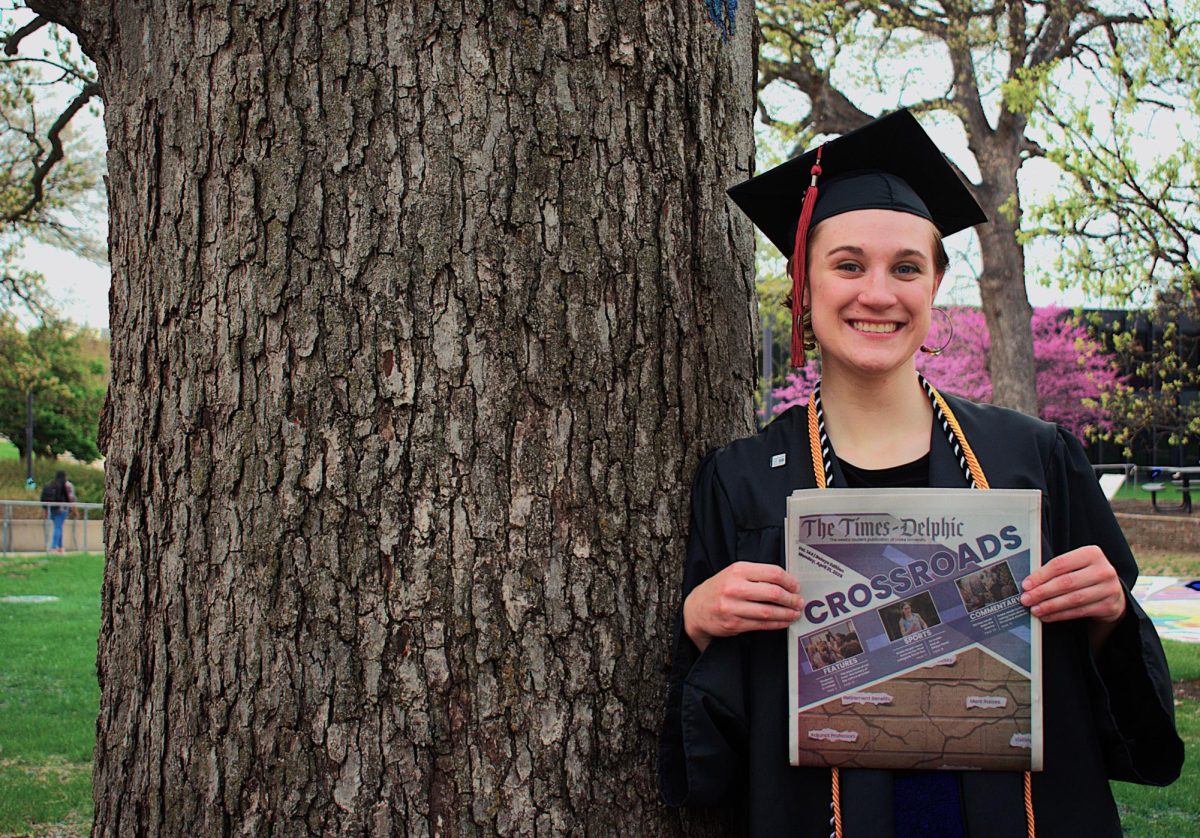“Kung Fu Panda 4” is the fourth installment in the “Kung Fu Panda” film series and picks up after the events of “Kung Fu Panda 3” (2016). The film follows our beloved Po (Jack Black), who is tasked with finding and training a successive Dragon Warrior. He teams up with Zhen (Awkwafina) — a fox with sticky fingers — to take down a new shape-shifting nemesis — The Chameleon (Viola Davis). Dustin Hoffman returns as Master Shifu while James Hong (Mr. Ping) and Bryan Cranston (Li Shan) reprise their roles as Po’s hilarious dad duo. The Furious Five — Tigress, Crane, Monkey, Mantis and Viper — Po’s crime fighting besties and kung fu masters are visibly missing from the cast list for reasons best known to the production and casting teams.
“Kung Fu Panda 4” is not a bad movie by any standard — if anything, compared to recent releases (cough, “Madame Web,” cough), I might actually recommend it for an Oscar. It is fairly enjoyable. There is nothing about this movie that is offensive to your senses or jarring enough to take you out of the movie, but it is also a sequel that has little to no chance of living up to its predecessors. Living up to the legacy of an original trilogy that was so beautifully crafted is difficult, and unfortunately, that is exactly what happens with this movie.
The animation is simply stunning, with each frame designed with meticulous detail — resulting in a visually remarkable film. The fight choreography and animation are very well executed — taking more influence from anime than its predecessors. The animation on The Chameleon was where this could have gone horribly wrong — a character that shape-shifts and is capable of contorting into pretty much any body shape is incredibly difficult to animate and design, but the animation team pulls it off with amazing grace. Every body movement on The Chameleon is executed without fault — even when working with a significantly smaller budget than its predecessor.
The cast is as they’ve always been — absolutely flawless and ridiculously hilarious with an amazing sense of comedic timing and brilliant voice inflection. Black is simply amazing; he can take you from laughing out loud to emotional in a few seconds. Hoffman is adorable as the grumpy master, while Hong and Cranston infuse the movie with laughter and life.
The new additions to the cast are where I struggled a bit. Awkwafina and Davis are wonderful performers, but they seem a bit out of place in this movie — possibly because of the way their characters are written and the narrative style.
The humor is okay-ish, with certain jokes — particularly the ones involving our favorite dad duo – landing better than others. The story is pretty cohesive and the screenplay moves with a fair amount of clarity. You can, however, see the plot twists coming from a mile away.
What I struggled with the most was the writing of the characters and their arcs — Po’s journey feels unwarranted and confusing. There isn’t really much of an explanation behind why Master Shifu asks him to find a new successor — especially considering that Po is fairly young and picks up new skills pretty quickly, which is something the first movie emphasized.
The newly introduced characters don’t make much sense either. The Chameleon is supposed to be this horrible evil villain, a nemesis far worse than what Po has faced in the past, but the worst thing she does until the last twenty minutes of the movie is say some kinda mean things. The friendship between Po and Zhen feels way too quick, and in all honesty, a little unearned. To make things worse, the stakes don’t feel particularly high because the main “danger” doesn’t quite feel real — this might be because this danger is established by bringing back some previous characters, most of whom have no speaking parts. This makes it hard to connect to them and makes certain actions feel like they’re happening for the sake of the plot.
The original trilogy was a fan favorite because it felt like DreamWorks went out of its way to put effort into making them. This movie, however, feels like a recycled cookie-cutter version of its predecessors — it’s not doing anything new or groundbreaking. The first movie could have just been another underdog action movie, but it went beyond the stereotypes of the genre by writing a character that had something different to say and so much to learn. I’d argue that the sequel was even better — making Po confront his horrific past and learn to grow. This is exactly where “Kung Fu Panda 4” stumbles — it’s not a bad movie, it just follows the formula that the original movies went beyond, and I’d be lying if I said I didn’t miss the magic (or perhaps the nostalgia) that The Furious Five brought to those movies.
I’d recommend giving it a watch, because it is a fun movie and I did enjoy it once I accepted that this wasn’t going to be the genre-breaking movie I had been hoping for. Just don’t go in expecting the quality of the original movies and you’ll still have a great time.







